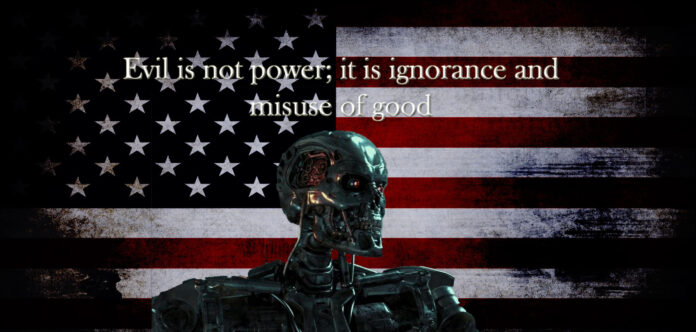Under the giant umbrella that is the 21st-century startup phenomenon, one element stands out to me among the rest: the experience of women in the tech industry. This topic is compelling to me for a number of reasons, first and foremost because the issue of gender discrimination is relevant on both a domestic and international scale. The interesting thing about the word “gender” is that its definition is dynamic, rather than static. It’s shaped by the social, political and intellectual forces that have come to radically redefine our mainstream vernacular. This means that our ability to communicate effectively with each other has visibly changed as a result of the new networks we’ve established.
The dialogue centered around the topic of gender is one of many networks that is transforming our approach to the way we think about our identities. An example of this is the way the line between our personal and professional lives becomes increasingly blurred as we merge our social and digital lives across shared platforms. Merging these identities leads us to a number of questions, ones that are particularly important for feminists, activists, allies and advocates of gender equity and social justice. n what ways do our virtual lives convey an accurate reflection of our true identities? How do these identities translate into physical reality? Furthermore, what role does gender play in determining how others perceive our identities?
These questions are a preview of the complex process of unpacking our feelings about ourselves, each other and the world. The good news is, there’s still time for us to do this; A number of really badass individuals already are. Take Tracy Chou for example, a 27-year-old software engineer who works for the addictive time sink that is Pinterest. Chou represents a number of bold individuals who are taking the savvy, futuristic-minded approach of infiltrating the system from the inside out to promote equality and greater representation of women within the the industry. Interviewed in the most recent issue of WIRED magazine, Chou discussed her efforts to increase visibility among tech companies and the public. In order to build an “inclusive culture” where equality among the sexes is accepted in the workplace, society has to first recognize how it markets careers in the tech industry and to whom. Although the issue is still problematic in a number of ways, the fact that Chou and others like her are applying their interests in ways that promote feminist agendas is promising. With a greater pressure placed on companies to report the number of women they hire, the correlation between our personal and professional identities can be addressed in a way that is consistent with our social and cultural values.
Send WHITNEY DAVIS good ideas for bad jokes at wmdavis@ucdavis.edu.
Graphic by Sandra Bae.




